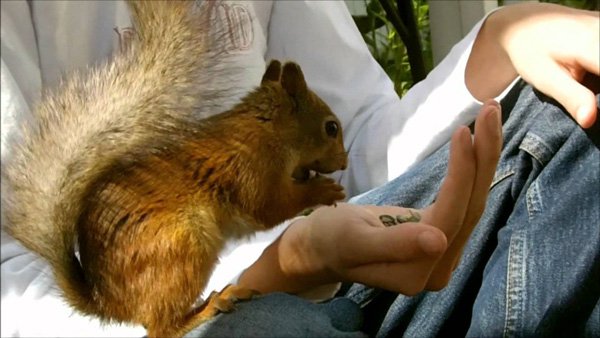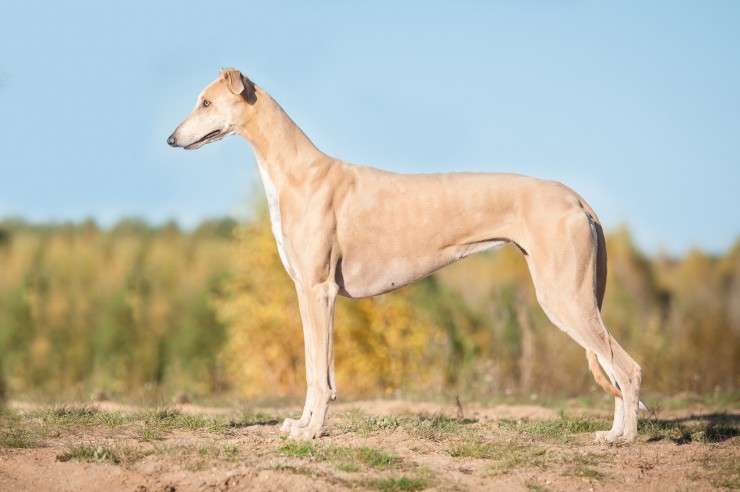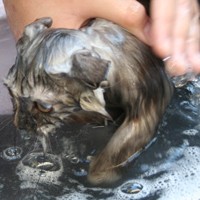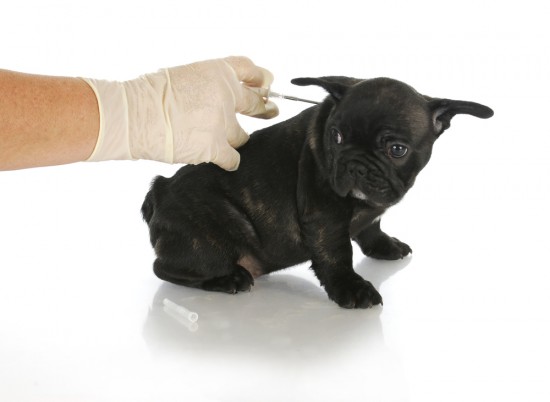Pet rabbits are becoming increasingly popular as family pets. Pet rabbits are gentle and inquisitive animals that are basically easy to care for, making them an IDEAL PET for adults and families with older children. Rabbits are typically anxious and timid animals that frighten easily, making them not a good pet for small children because they do not know how to be gentle and calm around the rabbit. To have the maturity and skill required to care for a rabbit, children should be at least 10 years old before having one as a pet. Rabbits also have fragile skeletons and bones, especially in their backs and should be handled very carefully to avoid broken backs and other injuries. With a little patience, rabbits are fairly easy to train and can be taught to follow voice commands much like a DOG or CAT. Pet rabbits live an average of 5-10 years. Male rabbits are called bucks; females are called does.
Purchasing A Pet Rabbit:
There are various places that you can adopt rabbits from, such as animal shelters, breeders, pet stores, rescue groups, humane societies, and individuals.
Breeds:
There are many different breeds of rabbits to choose from. Domestic rabbits are available in a wide variety of colors and sizes, including the English Angora, Dwarf Hotot, Chinchilla, Dutch, Flemish Giant, Himalayan, Netherland Dwarf, Rex, Polish, Jersey Wooly, Satin, and Mini Lop Dutch Rabbits.
Diet:
The most important component of a pet rabbit's diet is unlimited coarse grass hay (timothy, oat grass, meadow grass, or mulch grass). However, alfalfa hay should be fed to young rabbits (6 months and under) until they are older. 1 cup (per 4 pounds of body weight) of fresh vegetables should also be given daily. Also, fruits should be greatly limited in the rabbit's diet. The best diet for rabbits is one that is high in fiber, low in fat, and low in starchy carbohydrates. Fiber is crucial to the gastrointestinal health of a rabbit.
Housing:
Depending on a families preference, pet rabbits can be kept inside in a cage or pen, or outside in well situated runs or hutches. Rabbits housed outdoors should be protected from outside predators (dogs) and extreme temperatures. Rabbits 8 pounds and under can live comfortably in a cage 24" by 36", and those above 8 pounds 30 inches by 36". The cage should be roomy with a piece of wood or cardboard for the rabbit to stand and lay on. Additionally, a rabbit's cage needs to be cleaned every day or two and scrubbed with a mild disinfectant once a week. Cages made from chicken wire are not recommended because rabbits can chew the wire which may result in injury. Rabbits confined to a cage needs at least two hours out for exercise in a safe environment.
Health:
In most regions, house rabbits do not require vaccination, but should be spayed or neutered for their own health and well-being. Pet rabbits will normally require their claws to be clipped regularly by someone with experience, such as a trained veterinary practitioner. About once every three months a rabbit will shed it's fur. During this shedding period it is beneficial to brush the rabbit with a gentle brush.

 How to pick an amazing toy for your lovable pet?
How to pick an amazing toy for your lovable pet?
How to pick an amazing toy for your lovable pet?
How to pick an amazing toy for your lovable pet?
 What Type Of Sighthound Is Right For You?
What Type Of Sigh
What Type Of Sighthound Is Right For You?
What Type Of Sigh
 Wobbler Syndrome In Dobermans
Wobbler Syndrome
Wobbler Syndrome In Dobermans
Wobbler Syndrome
 How To Get Rid Of Fleas On Kittens
If you are seeing fleas on your kitten, its very importa
How To Get Rid Of Fleas On Kittens
If you are seeing fleas on your kitten, its very importa
 Microchipping Compulsory For All Dogs From 2016 Onward
Microchipping Com
Microchipping Compulsory For All Dogs From 2016 Onward
Microchipping Com